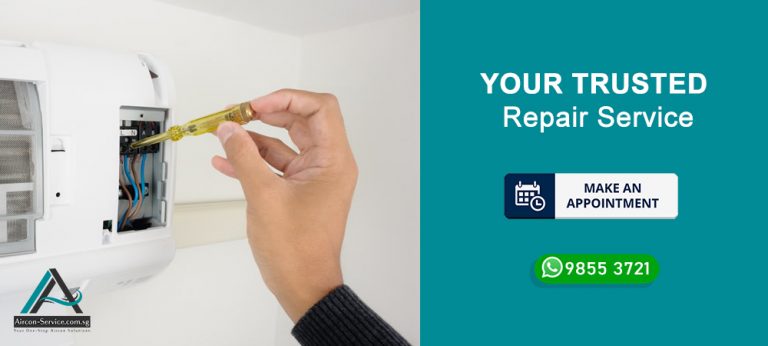What is an important factor in HVAC?

In the sector of HVAC (Heating, Ventilation, and Air Conditioning), several features are essential for the proper functioning and effectivity of the techniques. While it is challenging to pinpoint a single most necessary thing, a quantity of key factors are paramount to contemplate:
1. Safety:
Safety is the top priority in HVAC work. Technicians must adhere to safety protocols to forestall accidents, especially when coping with electrical components, fuel systems, and potentially harmful substances. Proper installation, maintenance, and restore procedures guarantee the protection of both technicians and occupants.
2. Proper Installation:
Correct installation of HVAC systems is important. Proper sizing, precise set up of elements, and applicable ductwork design contribute to system efficiency, longevity, and efficiency. Incorrect set up can result in inefficiencies, frequent breakdowns, and better power payments.
3. Cooling solutions Gymea :
Regular maintenance ensures HVAC methods function effectively, preventing breakdowns and prolonging the system's lifespan. Routine duties like changing filters, cleansing coils, and inspecting components are essential for optimal efficiency and indoor air quality.
4. Energy Efficiency:
Energy effectivity is essential for lowering environmental impact and reducing utility prices. High-efficiency HVAC methods and proper insulation assist preserve energy, making the system environmentally friendly and cost-effective for householders and businesses.
5. Proper Ventilation:
Effective ventilation ensures the circulation of recent air, preventing the buildup of indoor pollution, controlling humidity, and selling a healthy indoor setting. Proper ventilation design is essential for indoor air high quality and the occupants' well-being.
6. Indoor Air Quality (IAQ):
Maintaining good indoor air quality is critical for occupants' well being and luxury. HVAC systems outfitted with acceptable filters, air purifiers, and ventilation techniques assist remove allergens, pollutants, and pathogens from the indoor air, bettering IAQ.
7. Humidity Control:
Controlling indoor humidity is crucial for comfort and stopping points like mould development and harm to furnishings and electronics. Properly functioning HVAC methods help maintain optimal humidity ranges, particularly in areas with fluctuating humidity.
eight. System Balance and Airflow:
Balanced airflow ensures consistent heating and cooling throughout the constructing. Properly balanced systems keep away from uneven temperatures, guaranteeing every room receives sufficient heating, ventilation, and cooling.
9. Knowledgeable and Skilled Technicians:
Having expert and knowledgeable HVAC technicians is indispensable. Experienced professionals can precisely diagnose issues, carry out efficient repairs, and provide useful recommendations for optimal system performance and power financial savings.
10. Customer Education:
Educating prospects about their HVAC systems, together with proper utilization, upkeep practices, and energy-saving tips, empowers them to make informed selections. Informed clients usually have a tendency to take steps to maintain their systems and use them effectively.
While these factors are all essential, the synergy of these elements—safety, correct installation, regular upkeep, power effectivity, air flow, indoor air high quality, humidity control, system balance, skilled technicians, and buyer education—ensures the efficient operation and longevity of HVAC techniques, making them collectively the most important aspects of HVAC..

